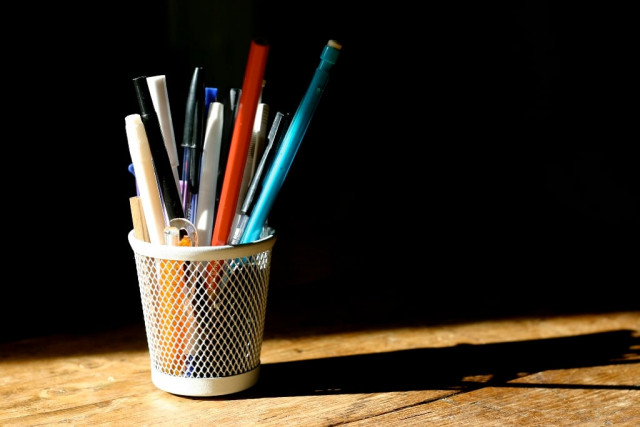Education policy: ‘Consider climate change and urban development’
UNGEI and UNICEF make recommendations as part of two policy briefs.

The PEC will determiThe UNGEI and SED policy briefs will be presented before parliamentarians and the provincial government to develop policy strategies in the coming days. PHOTO: FILE
The United Nations Girls’ Education Initiative (UNGEI) in collaboration with the UNICEF and the School Education Department (SED) recommended home-based education as an alternative schooling, greater utilisation of available infrastructure and resources to cater to more students, and formulation of an education calendar by districts instead of provincial government.
These recommendations were part of two policy briefs launched under the initiative on Monday.
Climate change and education
The policy brief on the Impact of Climate Change on the Education of Most Excluded Children in Punjab stated that the schools damaged in the 2005 earthquake in Azad Kashmir and in the 2010 floods in Sindh were still being rebuilt. Only 33 per cent of the schools and colleges destroyed were rebuilt by the government.
The report also said that the average temperature in Pakistan had risen by 0.57 degree Celsius over the past two decades, which could cost the economy $14 billion per year.
The impact of climate change on education is different for each region. The report said rural Punjab is more affected by natural disasters, and urban Punjab is impacted by the heat wave. This, the report argues, will impact the schooling network due to the destruction of schools through floods, especially in southern Punjab. The spread of diseases such as dengue fever, cholera and measles in central Punjab has also damaged the schooling network.
UNICEF Education Officer (Gender) Sehr Raza Qizilbash said that many families involved in agriculture move during the harvesting season. “In an agrarian society, we need to create synergies that can help design schooling calendars keeping local needs and culture in mind,” she stated.
The policy suggested that education calendars be formulated by district governments keeping in mind weather patterns. It also advocated relaxing admissions and examination cycles in accordance with local needs.
Urbanisation and education
The policy brief on the Impact of Urbanisation on Girls’ Education in Punjab cited a lower penetration of the SED infrastructure in urban areas as compared to rural areas.
With over 62.5 million urbanised populations, the report says Pakistan has one of the fastest rates of urbanisation in the world.
“People are moving to urban areas in search of better opportunities…but this is also creating challenges. In Lahore’s Youhannabad, a locality with over 100,000 Christians, there is not a single government school,” Qizilbash said.
The report said that the SED faced many challenges, particularly in the enrollment of five to nine-year-olds.
The report recommended that mainstreaming excluded children between the ages of 16 and 19 should be accomplished by giving incentives to teachers based on the students’ performance. It also said the century-old Pakistan Girl Guides Association’s strong network and connections to public institutions should be used.
Punjab requires around 78,000 classrooms for government schools, the brief stated citing SED figures. But with each classroom costing between Rs700, 000 to 800, 000, this was beyond the SED’s financial capacity. The brief suggested multiple shifts to overcome the lack of classrooms and infrastructure. SED Planning and Budget Additional Secretary Mirza Mahmoodul Hassan said multiple shifts could work using the current resources, including teachers. He said the SED was bearing the expenses of teachers, utility bills and buildings in any case when the school was not in session.
The UNGEI and SED policy briefs will be presented before parliamentarians and the provincial government to develop policy strategies in the coming days.
Published in The Express Tribune, May 13th, 2014.


















COMMENTS
Comments are moderated and generally will be posted if they are on-topic and not abusive.
For more information, please see our Comments FAQ